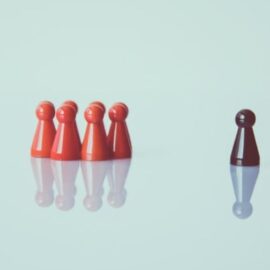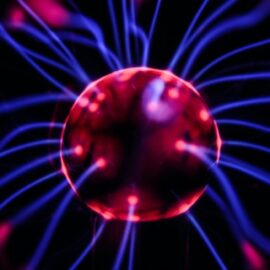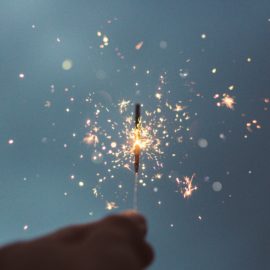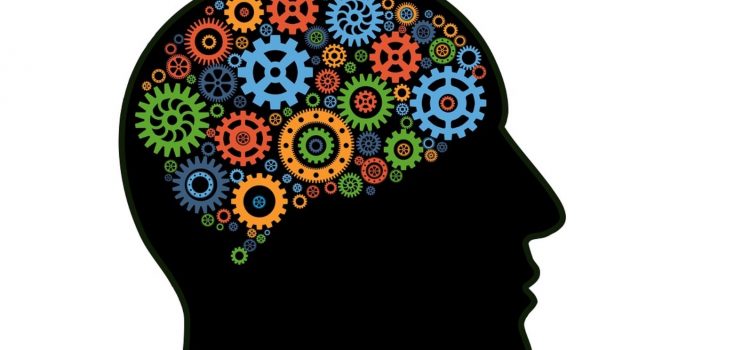
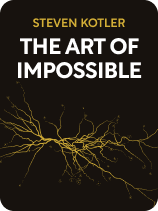
This article is an excerpt from the Shortform book guide to "The Art of Impossible" by Steven Kotler. Shortform has the world's best summaries and analyses of books you should be reading.
Like this article? Sign up for a free trial here .
How do our brains learn new things? Why does knowing how our brains learn help you master new skills quickly?
According to Steven Kotler, elite performers achieve seemingly impossible feats because they consistently perform at the peak of their capabilities and push themselves to exceed their potential. Kotler argues that understanding how our brains learn is the key to unlocking high-performance habits.
Keep reading to find out how our brains learn, including how to learn more effectively, according to Kotler.
How Our Brains Learn Through Connections
Kotler argues that absorbing new information every day feeds your brain a continual stream of information while giving it time to naturally make connections between what you already know and what you’re learning. When our brains learn how to do something new, this generates more dopamine, which further increases your motivation to learn more. Once you’ve created connections between your interests, set aside time each day to learn more about your new areas of interest.
- Spend 30 minutes every day learning more about your new areas of interest. Use a variety of media. For example, to explore “the possibility of using solar power to grow produce all year round,” you might listen to a podcast about sustainable living, read an article about how solar batteries work, or take notes from a book about indoor gardening.
The Neuroscience of How Our Brains Learn
Neuroscience research expands upon Kotler’s explanation of how our brains learn and create connections between what we already know and what we’re learning. Specifically, it explores the molecular activity that occurs inside your brain when you take in new information.
The more you learn, the more you change the physical structure of your brain by strengthening specific neural pathways. Here’s a very brief overview of how our brains learn through neural pathways:
- The brain consists of a dense network of pathways made up f of neurons, or information messengers.
- Synapses transmit sensory information through this network of neurons.
- This sensory information gets stored in your short-term memory while your brain compares it to the memories you’ve stored in your long-term memory. This allows your brain to judge how relevant the new information is to what you already know (the processes stored in your long-term memory) and determines whether it should be kept or discarded.
Neuroscientists believe that your memory and recall rely upon the relationship that your neurons have with each other. When learning how to do something new, our brains apply conscious effort and attention to form new neural connections and pathways. The more you practice recalling specific information, the stronger the relationships between the corresponding neurons in your brain, and the more likely your brain is to store the information in your long-term memory—thus converting it into knowledge.

———End of Preview———
Like what you just read? Read the rest of the world's best book summary and analysis of Steven Kotler's "The Art of Impossible" at Shortform .
Here's what you'll find in our full The Art of Impossible summary :
- A look at how some people can achieve seemingly impossible feats
- How to make your dreams more attainable
- A step-by-step process for developing peak performance habits

